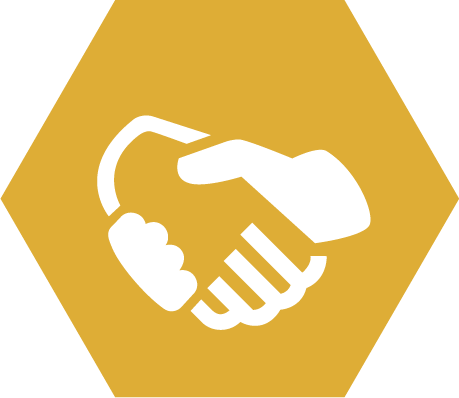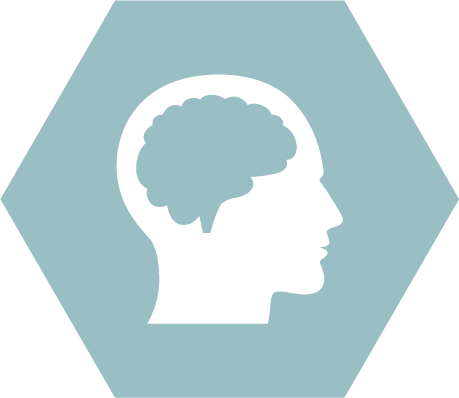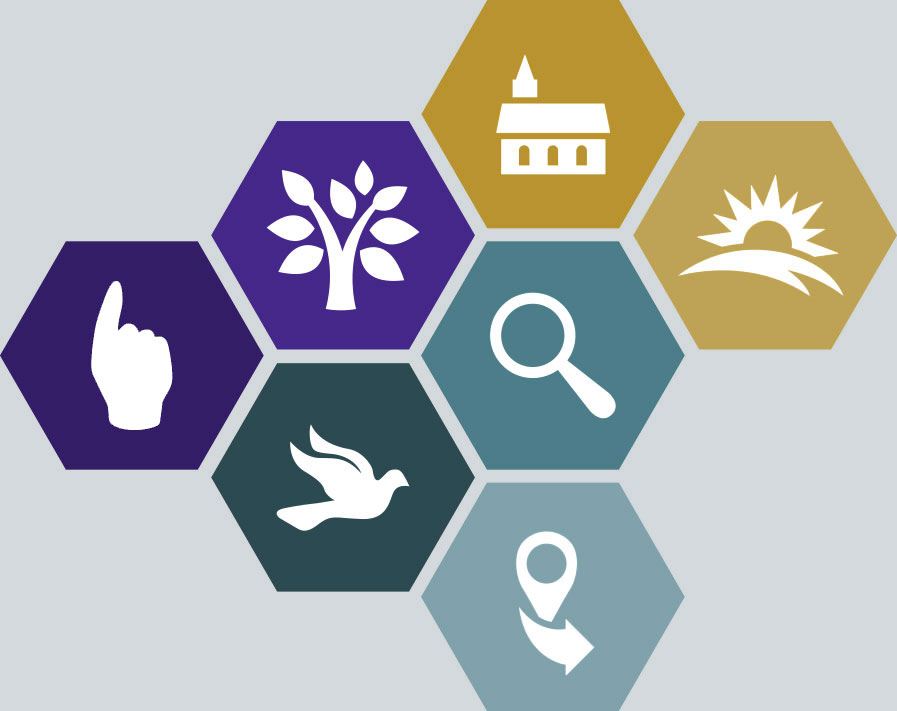Focusing on the Vulnerable
Helping People Get Unstuck: Restoring Dignity, Bringing Skills, and Praying

Helping People Get Unstuck: Restoring Dignity, Bringing Skills, and Praying
If we want to see transformation among vulnerable people, we must move beyond seeing them in categories defined by their needs—widows, orphans, the rural poor… While their needs are very real and often overwhelming, we risk missing a deeper truth: that each person is made in God’s image and called to steward God’s earth. This article looks at three specific ways we can help restore the God-given identity of those who are stuck in poverty.
Dignity
At trainings in the Majority World, our organization often shows a video of a pastor who struggled to have enough to feed his family. After learning that we need to steward well all that God has given us, he planted papaya trees on his land. By selling the fruit of those trees, he is able to pay his children’s school fees, he has enough money for necessities, and he gives generously to others. What many of us see first in this video is how the pastor went from materially struggling to having a surplus. However, when we ask those living in poverty what changes they see, their first response is almost always, “He stands up straight. He has dignity. He’s now a man.”
One of the great pains of poverty is not so much the hunger or lack of material resources, but the feelings of hopelessness, helplessness, and shame. Too often those who are stuck see themselves as inferior.
To flourish, those who are stuck need to fully understand who God made them to be—His son or daughter, His precious creation, someone who loves and serves others, who brings glory to Him, who has much to contribute.
How do we help people regain dignity?
Help people to understand what the Bible teaches about them as people – People who are stuck need to see understand that everyone—not just outsiders—is given a role in building God’s kingdom. They need to know that each of us—rich or poor—is called to rule and steward creation. When people come to understand their real identity, it changes their entire outlook and their expectations for the future.
Challenge People – We are all born with an innate desire to achieve, to make a difference, and to care for others. When we look at vulnerable people, we must remember that they are basically the same as ourselves. They too feel great satisfaction when they achieve something, when they make a difference, when they are involved in serving someone.
Many people who have been stuck in poverty a long time see themselves only as recipients of help, with nothing to give. We need to challenge them to see that, as those made in God’s image, they not only can but must be involved in serving and loving their community, in seeking its transformation. When they do, their dignity is restored.
In order to do that, we need to change our approach. No longer can our question be, “What do you need?” That question only serves to reinforce the lie, “You don’t have, and you can’t do; I do have, and I can do.” Instead we need to move to questions that challenge that lie:
- What gifts and talents has God given you and others in your church?
- What do you think God is calling you to do to address the needs you see around you?
Help people see the gifts and talents that God has given them – People who are stuck often have no idea of the gifts and talents God has given them. For example, the country of Malawi is considered one of the least developed countries in the world. In reality, strategic leadership and innovation are common there, and yet both Malawians and outsiders are too often blind to these strengths. Imagine what would happen in that nation if they came to believe that they are world leaders in innovation. How do you think that would change things? As outsiders—who often have a voice that is especially respected (for better or worse)—we have a unique opportunity to see the truth and to speak truth about people’s God-given gifts and talents.

Skill Development
Social scientists tell us that, in order to change, we must be both willing and able. A pastor might preach a compelling sermon on why we need to evangelize our neighbors. The hearers might be willing to do so, but without skills they will probably stand around feeling somewhat paralyzed. Many of those who are stuck face a similar problem. As we teach the truths of the Bible, people regain hope in God and dignity as image-bearers. But they also need the skills and knowledge to change. We need to make sure that the support we are bringing includes ensuring they have the skills they need to make changes.

Prayer
Prayer is the most important and significant thing we can do. It’s God who transforms lives, not our human efforts (although He can and does work through us). Prayer is a powerful tool in seeing transformation. If we are to change beliefs that have been held for generations, it’s going to take God’s help.
Poverty robs people of dignity. But with God’s help, we can help restore their biblical identity—as image-bearers, kingdom-builders, and stewards.



